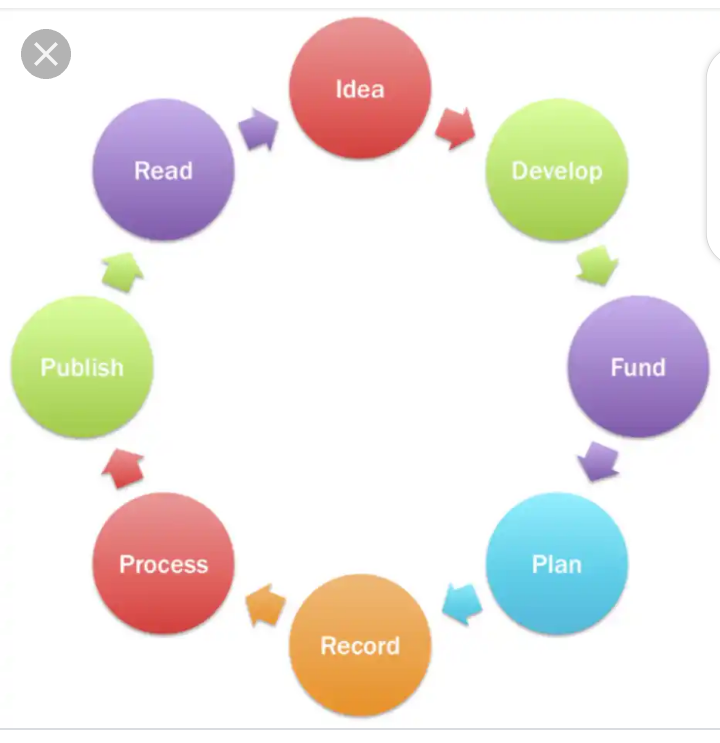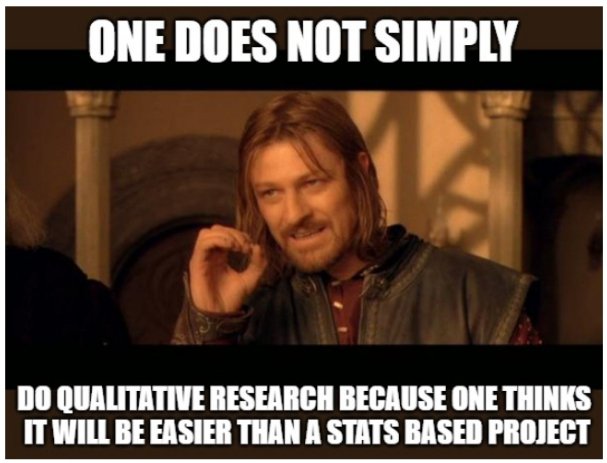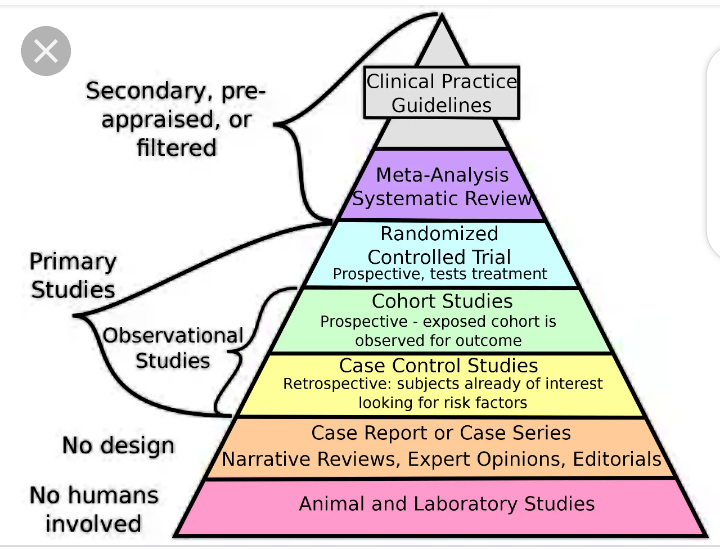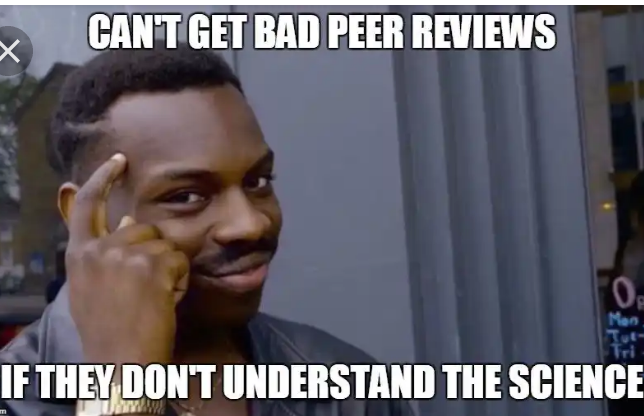WRITING A RESEARCH PAPER?
Although there are parallels across the varied definitions of research, there doesn't seem to be one definition that's accepted by all those that engage in it.
#DEFINITIONS
Research is defined as creative and methodical activity done to boost the body of data.
In its most elementary form, research is that the pursuit of data and therefore the pursuit of reality.
#ETYMOLOGY
The term itself was taken from the Old French term "recerchier," a compound word from "re-" + "cerchier," or "sercher," meaning "search." The word research springs from the center French "recherche," which suggests "to move searching." [4] The word was first employed in writing in 1577.
#PROPOSAL
A documentation of the intents and purposes of a study a.k.a documented plan.
STEPS IN CONDUCTING RESEARCH
The study structure often employed in research begins with a broad range of research, hone in on the required data through the project's methodology, then expands the study within the style of discussion and outcomes. The key actions in effecting research are:

Planning
- Identify problem and prioritize them.
- Set objectives i.e what questions are being asked? (General and specific; S.M.A.R.T).
- Choose survey method
- Choose sampling method and determine sample size.
- Specify data collection, analysis and management.
- Determine training requirements.
- Address logistics (ethical clearance, manpower, transport, materials, finance, communications, accomodations e.t.c)
Pilot - Conduct before the particular survey.
- Allows methods and materials to be tested for suitability and appropriateness.
- Lessons learned or outcomes accustomed refine methods and materials.
- Recommend that 5-10% of the proposed sample size should be used.
- Similar population not study population.
Execution - Data collection.
Data processing - Involves data collection, data entry and analysis.
- Data check for accuracy and completeness.
- Data cleaning.
*Conclusion" - Report writing.
- Dissemination plans.

#RESEARCH #METHODS
The goal of the research process is to supply new knowledge or deepen understanding of a subject or issue using three main forms;
- Exploratory research, which helps to spot and define an issue or question.
- Constructive research, which tests theories and proposes solutions to an issue or question.
- enquiry, which tests the feasibility of an answer using empirical evidence.
Depending on the character of the research topic they need to research and therefore the research questions they hope to answer, researchers will either use qualitative or quantitative methods:
Qualitative research
In contrast to quantitative research, qualitative research is way more subjective and uses a range of techniques for data collection, analysis, and interpretation so as to uncover the meanings, definitions, traits, symbols, and metaphors underlying various phenomena. Additional categories for qualitative research include the following: Ethnography: This field of study focuses on the culture of a selected group of individuals, including shared traits, languages, customs, structures, norms, values, and material possessions. It also assesses human lifestyle. The terms "ethnic groups," "ethno genesis," "ethno composition," "resettlement," and "social welfare characteristics" are all included during this discipline. Phenomenology: it's a awfully effective tool for showcasing methodology in health professions education and is best fitted to delving into difficult issues there. Grounded theory, Discourse analysis, action research, and heuristic inquiry.

Quantitative research
This entails formulating a selected query, gathering numerical data, so using statistical tools to guage it to analyze quantitative properties, phenomena, and their correlations. Experimental, analytical, and descriptive research designs are utilized in quantitative studies.
Non-empirical research
In contrast to employing observation and experimentation, non-empirical (theoretical) research involves the creation of theory. As a result, non-empirical research looks for solutions to issues by drawing on already known information. This doesn't imply, however, that new concepts and discoveries can not be found within the body of already-known information. Because they will be combined to strengthen an enquiry strategy, non-empirical research isn't an ideal substitute for inquiry. Since each features a specific scientific objective, neither is a smaller amount successful than the opposite.
#ETHICS
Research ethics is anxious with the moral questions that come up during or after research activities, still because the behavior of specific researchers and also the consequences for research communities.
Nowadays, it's common to tell apart between research ethics and issues regarding research integrity, which include things like scientific misconduct (e.g. fraud, fabrication of knowledge or plagiarism).
#PROBLEMS
Meta-search a.k.a research on research
This is the study of research using research methods. It strives to boost research across all disciplines and lessen waste. It's goal is to spot bias, methodological faults, and other mistakes and inefficiencies.
Methods of research
Western research methodologies are widely employed in various disciplines. Western data collecting and research methodologies are largely taught to researchers. For study on non-Western societies, Western techniques of information collection won't be the foremost accurate or pertinent.
Bias
The chosen languages (linguicism) and realms where research is conducted are frequently prejudiced. The difficulties of exclusion and linguicism for periphery scholars in academic publication and research. Multilingual researchers from the periphery frequently must translate their add order for it to be accepted to prestigious Western-dominated publications because the overwhelming majority of mainstream academic journals are authored in English. it's reasonable to presume that multilingual scholars' influences from their local speaking styles are thanks to ineptitude instead of diversity.
Generalizability
Generalization is that the process of more broadly applying the valid results of 1 study. Studies with a narrow scope may end up during a lack of generalizability, meaning that the results might not be applicable to other populations or regions.
Publication peer review
Publication referee Peer review may be a method of self-regulation employed by certified individuals within the industry. Peer review techniques are wont to uphold quality standards, enhance performance, and lend credibility. Academic papers are frequently evaluated by scholarly peers to determine if they must be published. The critique process typically entails experts within the same field who are consulted by editors to supply an objective and impartial review of the scholarly works produced by a colleague of theirs. this is often typically relinquished charging anything. Although peer reviews have historically been performed at no cost, there are many hazards that also are symptomatic why most peer reviewers turn down many requests to review.
Neo-colonial approaches
This is when researchers from countries with better resources visit a developing country, collect information, return to their country, analyze the information and samples, and publish the results with lack of adequate involvement of local researchers. The local colleagues can provide logistics support as fixers but don't seem to be included for his or her expertise or given credit for his or her participation within the research. This method only contributes to the career of the scientists from rich countries, thus limiting the benefits of such research to the local scientist.
#PROFESSIONALIZATION
In national and private academic systems, making research professional, has given rise to research job designations, such as; Junior, Senior, Leading, and Chief.
#PUBLISHING
Publishing may be necessary for educational scholars to review the work and make it available for a bigger group of people. The system varies greatly by field and is always changing. Most academic fields have their outlet for publication, though they are of more than one discipline and publish from several field or subfield.
#FUNDING
The money usually used to aid research comes majorly from the following:
- Corporate research and evolution sector;
- Personal establishments; and
- Research assembly of the Government.
#REFERENCES
#Wikipedia.
#Merriam-Webster.
#Dictionary of epidemiology.


